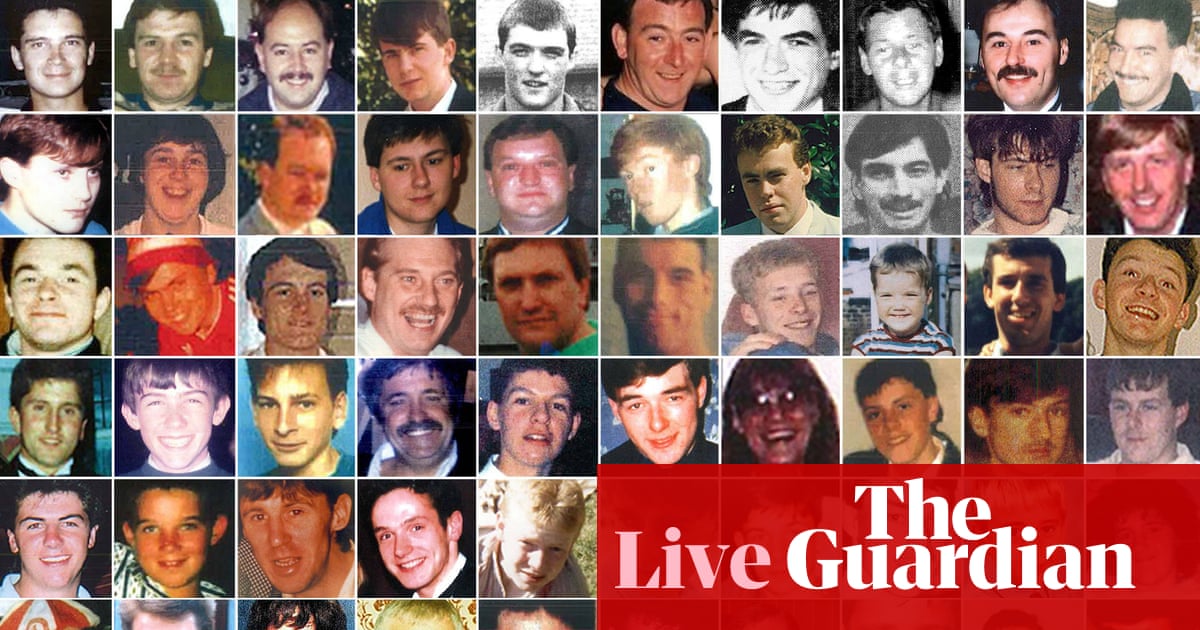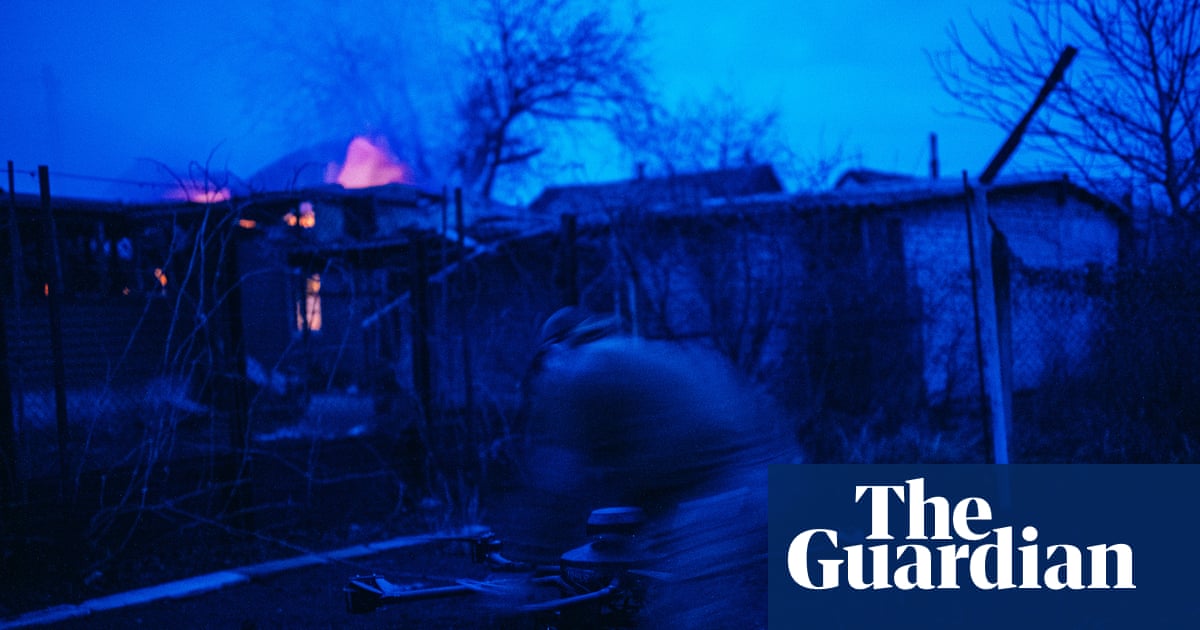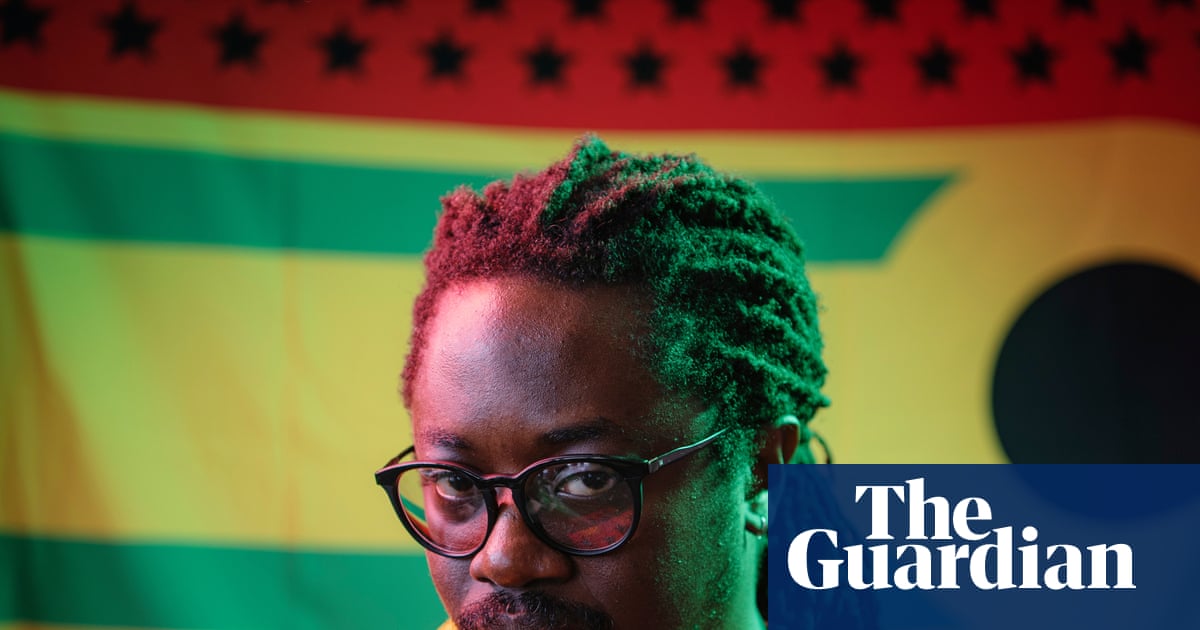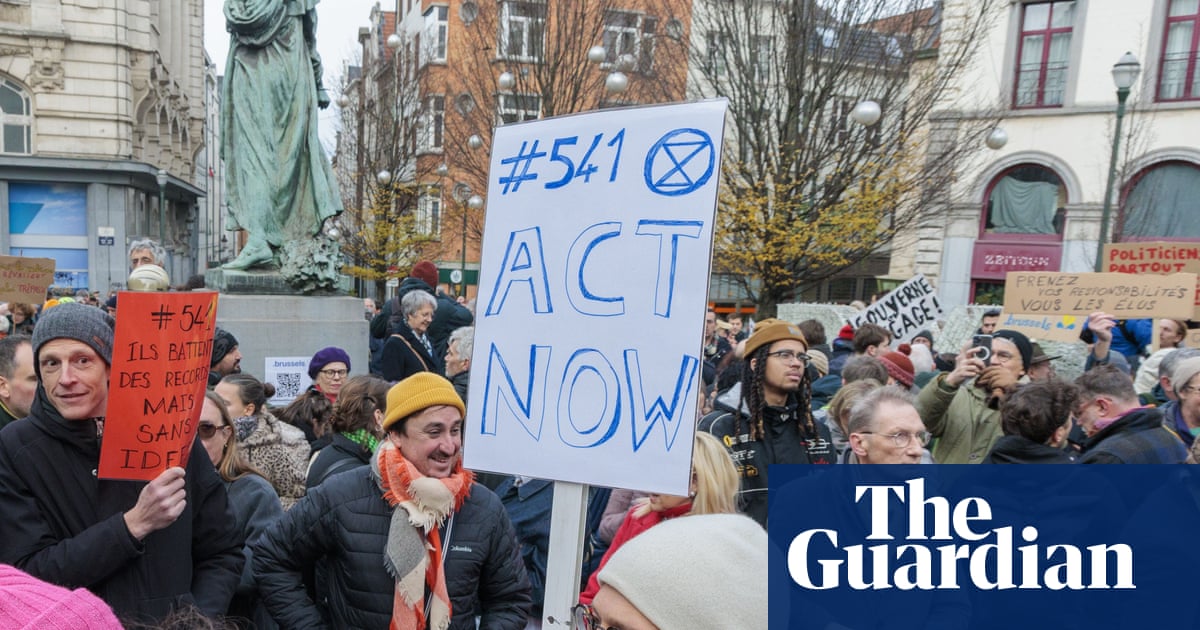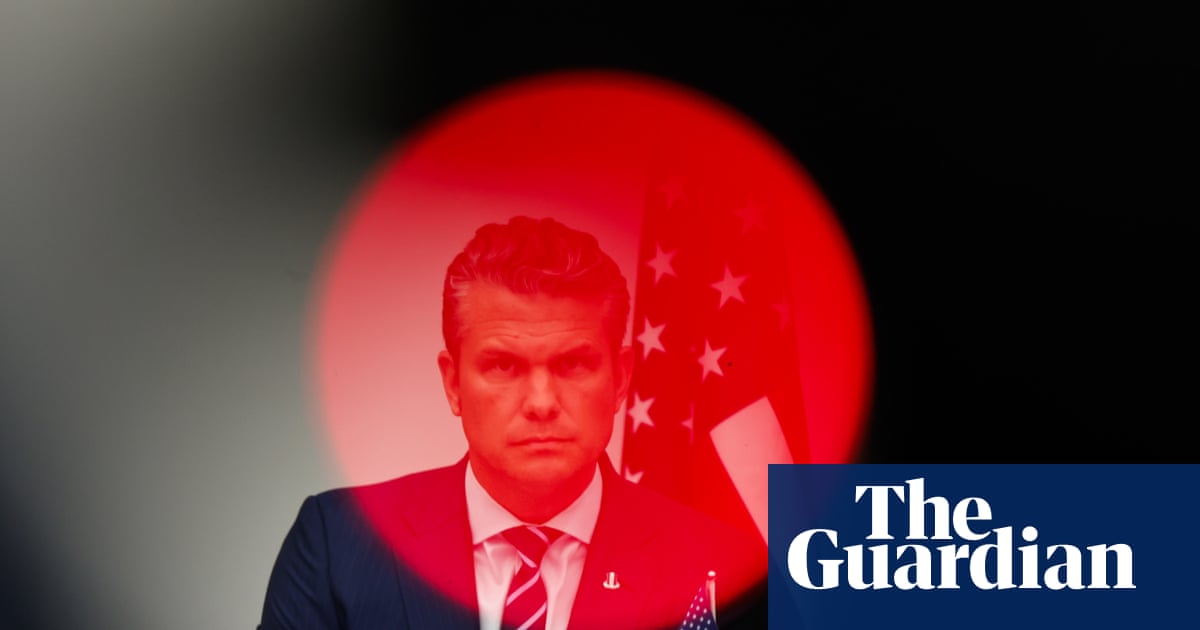The “poorest country in Europe” is the pitying qualifier that often slides in to western media reporting about Moldova.
The former Soviet republic is objectively one of the poorest countries in Europe, and it has a population of just 2.4 million people. But its voters demonstrated a remarkable strength last Sunday – standing up to Russian intimidation in an election that was pivotal, for Moldova and for the rest of Europe.
The Kremlin threw “everything dirty it had” – in the government’s words – at derailing Moldova’s ambition to join the EU by 2030. The vote was overshadowed by claims of interference, vote-buying, propaganda, cyber-attacks and disinformation on behalf of pro-Russia parties. Even the Orthodox church was roped in, with clergy allegedly treated to paid pilgrimages to Russia in exchange for preaching anti-EU messages to worshippers online.
Russia, naturally, denies interference. But there was a lot at stake. The election could have opened the door to a government of pro-Russia Eurosceptics. Instead, when votes were counted, the pro-European president, Maia Sandu could claim a legitimate mandate for her ruling party, PAS, in a parliament whose term runs to 2029. An overall majority means the government can pass the far-reaching reforms required for EU membership.
Moldova has remained firm in its determination to tilt westward since it, and Ukraine, gained official EU “candidate” status in 2022. It is impressive considering its economic woes in the intervening years – deepened by hosting more Ukrainian refugees per capita than any other country, an energy price shock and double-digit inflation.
Perhaps this tenacity reflects just how existential joining the EU is seen by many younger Moldovans. Squeezed between Ukraine and Romania, they have understandable fears that Moldova is next in Russia’s sights since the full-scale invasion of Ukraine.
From the EU’s perspective, Moldova in the club also makes sense. Having a Russian puppet state directly to the west of Ukraine and to the east of Romania would be a geopolitical nightmare.
Moldovans are not, of course, suddenly united about their direction – 24% voted for pro-Russian parties. The country has a Russian-controlled breakaway enclave, Transnistria, and it remains highly vulnerable to Russian manipulation, as Clara Volintiru of the German Marshall Fund thinktank told Jennifer Rankin. The meddling is unlikely to stop, explained Volintiru, since the aim is to undermine public confidence in the country’s European future.
EU under assault from east and west
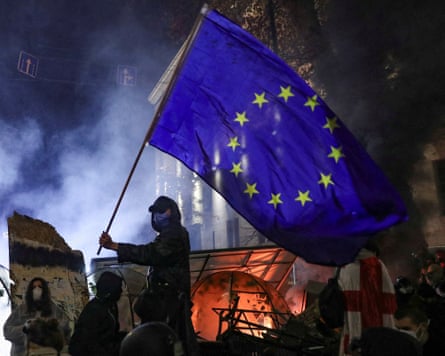
Sunday’s result is, nevertheless, a big setback for Putin’s efforts to extend Moscow’s influence, even as his forces inflict some of the worst bombing on Kyiv since 2022, and step up a hybrid campaign across the continent. This appears aimed at probing Nato unity and, as the Danish prime minister warned, dividing and destabilising Europeans. Drone incursions, including into Denmark, and the violation of Baltic airspace by Russian fighter jets, are now forcing the EU to contemplate a “drone wall” to bolster its joint defences.
The EU’s trouble however, argued Anand Menon, professor of European politics at Kings College in London, is that it is uniquely ill-equipped – by design – to be a defence organisation. Its institutional set-up is necessarily slow and cumbersome because it bakes in democratic constraints to level the playing field and protect small countries from bullying neighbours. This system is no good when it comes to swift war and peace decisions. But it is precisely why EU membership remains the dream for many Europeans whose democratic freedoms are threatened by proximity to Russia. Moldova illustrates how the EU acts as a democratic magnet – a lifeline against the return of dictatorship.
after newsletter promotion
As the jailing of the former French president Nicolas Sarkozy over corruption last week shows, the rule of law in the EU is still upheld by robust institutions. (By contrast, Turkey’s opposition leader was, as he wrote from his prison cell for the Guardian, jailed on what human rights group say were politically motivated charges).
But if Russia’s drones (polystyrene or otherwise) are testing the EU’s literal defences, ideological hatred of the EU in the Trump administration is simultaneously testing its political resolve. “Your countries are going to hell”, Trump warned European leaders at the UN.
Submission to a capricious Trump is not pragmatism however, but rather the sign of a more worrying “malaise”, warned Thu Nguyen and Jannik Jansen of the Berlin-based Hertie School’s Jacques Delors Centre. “EU leaders and institutions are not only bending to the hardening authoritarianism across the Atlantic. They also routinely placate far-right forces at home. In doing so, they corrode the very values and principles … that they claim to uphold.”
Moldovans and Ukrainians – and many courageous Georgians such as the jailed political journalist Mzia Amaglobeli, who wrote a moving account of her prison condition – are investing their hopes of an independent, democratic future in the EU. Whether they are doing this at a time when the union’s own democratic resilience is fatally weakening remains to be seen. “We can’t take it for granted. The EU could become so incapable of acting that it disintegrates,” says Nguyen.
Perhaps, like Moldova, you need the clarity of being stuck outside the club to fully appreciate the point of its existence, Nguyen added. “People who are outside it often have a better sense of what it stands for; they have a better understanding of the value of the EU – than the EU itself.”
To receive the complete version of This Is Europe in your inbox every Wednesday, please subscribe here.

 2 months ago
71
2 months ago
71
